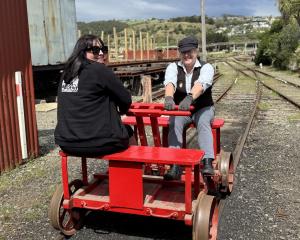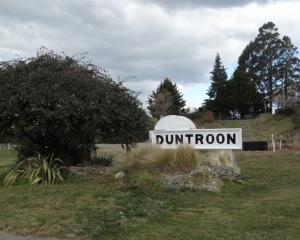Former police detective Wayne Stringer spent a year investigating 47 people who arrived in New Zealand as "displaced" people from former Nazi-occupied countries after World War 2 and were suspected war criminals.
But 20 years on from the country's only Nazi war criminals investigation, the 56-year-old said he was still frustrated no-one had been charged.
The investigation was conducted after Jewish organisation the Simon Wiesenthal Centre sent the New Zealand government a list of people thought to have collaborated with the Nazis to commit atrocities.
Mr Stringer, at the time a Wellington police detective, was chosen to head the investigation.
He said similar investigations were conducted in Australia, Scotland and the United States.
Although most of those investigated proved to be innocent, Mr Stringer was "confident" war criminals had lived in New Zealand.
His main suspect was Jonas Pukas, a Lithuanian living in Auckland's North Shore since the 1950s.
Mr Pukas was suspected of being a member of the 12th Lithuanian Police Battalion, infamous for machine-gunning to death thousands of Jews in mass "pit killings". Chilling police interviews between Mr Stringer and Mr Pukas are now the subject of an Inside New Zealand documentary, on TV3 tomorrow.
Mr Stringer, who now works for Age Concern in Oamaru, said the interview still haunted him.
He said he was "confident" that Mr Pukas, who died in the mid-1990s, was a war criminal, but the investigation had left him with feelings of frustration that at least a "handful" of people he had identified as probable war criminals had lived and died in New Zealand without answering for those crimes.
"In the end, there was just insufficient evidence to take it further. It was frustrating, spending all that time on it and nothing happened.
"To try to comprehend murder on that scale was amazing, I still can't do it.
"The thing that doesn't sit well with me is that their children are not responsible for their parent's actions, either."
However, the investigation did serve a purpose, he said.
"The whole point of it, and the point of us investigating these people, was that the Simon Wiesenthal Centre wanted to keep the matter in the spotlight so people don't forget."












